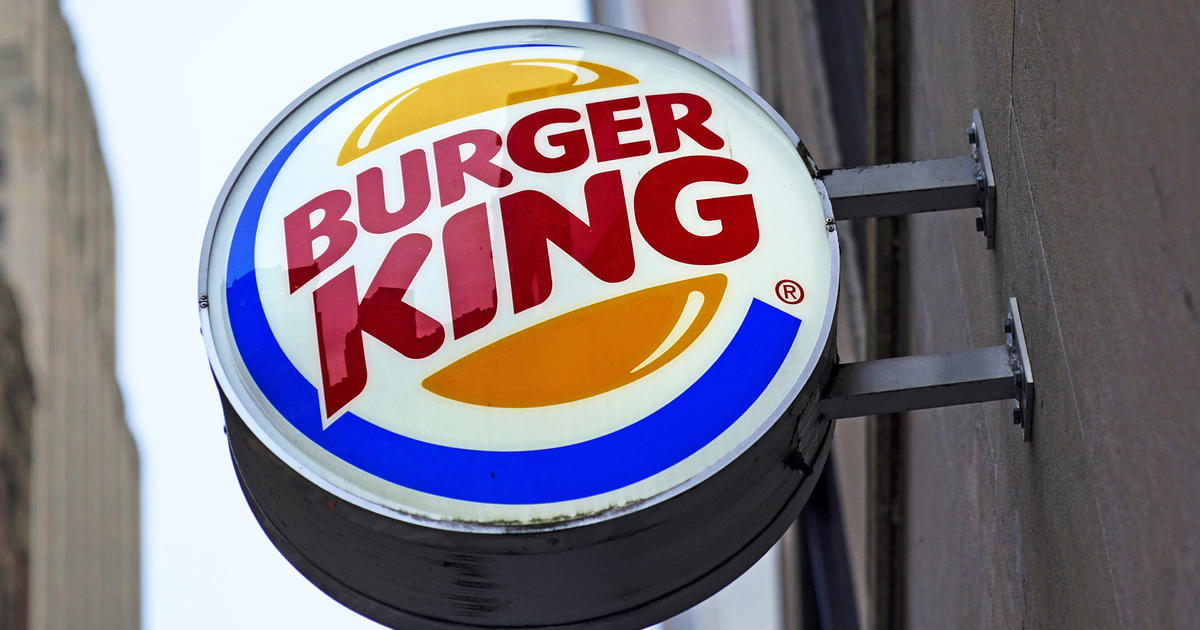In an era where consumers are becoming increasingly vigilant about the marketing tactics used by restaurants, more individuals are turning to the legal system to find answers. Lawsuits are being filed, alleging that restaurants engage in deceptive practices when promoting their menu items.
Burger King is the latest company to face such accusations. A federal judge in Florida recently refused to dismiss a class-action suit that claims the fast-food chain overstates the amount of meat in its Whopper burger and other sandwiches.
However, Burger King is not alone in facing legal action. According to Perkins Coie, a law firm that tracks class-action suits, 214 cases were filed against food and beverage companies in 2022, with an additional 101 cases filed in the first half of this year. These numbers mark a significant increase compared to just 45 cases filed in 2010.
Pooja Nair, a partner at the law firm Ervin Cohen and Jessup, which represents food and beverage companies, explains that waves of class-action lawsuits have been hitting federal courts in recent years. Initially, there were false advertising claims against snack chip makers for underfilled bags, most of which were dismissed. However, since 2019, numerous lawsuits have been filed alleging that consumers are being misled by “vanilla-flavored” products that lack real vanilla or vanilla beans.
More recently, a Chicago resident filed a suit against Buffalo Wild Wings, claiming that the fast-food chain’s boneless chicken wings are falsely advertised and do not consist of a deboned wing. Another case alleges that Taco Bell’s advertising is “unfair and materially misleading” by overstating the amount of “beef and/or ingredients” in its menu items.
According to Nair, plaintiffs’ attorneys often file these cases in New York, California, and Illinois, as federal courts in these states are less likely to dismiss them outright.
While the case against Burger King was filed in Miami, where its parent company is headquartered, similar cases have been brought against McDonald’s, Taco Bell, and Wendy’s in New York. The attorney handling these cases, James Kelly, did not respond to requests for comment.
Companies frequently opt for settlements to avoid costly and time-consuming litigation. Recently, A&W and Keurig Dr Pepper agreed to pay $15 million to settle claims that they deceived customers with the label “Made with aged vanilla” on soda cans, which were actually flavored synthetically.
The rise of social media has contributed to the growing consumer awareness that drives these lawsuits. A simple photo of a disappointing sandwich can quickly become viral, alerting potential plaintiffs. Furthermore, increased awareness of health and nutrition has led people to question product claims.
Ben Michael, an attorney in Austin, Texas, suggests that inflation may also be a factor making restaurants a target. Some establishments may have reduced portion sizes to cut costs without updating their menus or consulting their marketing departments. This leaves them vulnerable to the increasing number of lawsuits.
In the Burger King case, plaintiffs in multiple states claimed that advertisements and photos on store menu boards depicted burgers that were 35% larger with double the meat compared to the actual burgers they purchased. These customers assert that they would not have bought the sandwiches if they had known the true size. Burger King denies these claims, stating that the beef patties used in advertisements are the same ones served nationwide.
U.S. District Judge Roy Altman dismissed some of the plaintiffs’ claims in late August. He ruled that TV and online ads cannot be considered a “binding offer” from Burger King since they do not include pricing or product information. However, he allowed the plaintiffs to argue that the menu board images constituted a binding offer and also allowed claims of negligent misrepresentation to proceed.
The outcome of the case remains uncertain. Nair notes that cases against fast food giants are challenging to win since each sandwich is unique, and some may closely resemble the images on menu boards. The U.S. Supreme Court has yet to address these issues, resulting in varying decisions being made on a case-by-case basis.
Jeff Galak, an associate professor of marketing at Carnegie Mellon University’s Tepper School of Business, suggests that these lawsuits and others could prompt companies to be more cautious with their advertising. However, this caution may come at a cost, as more realistic photos could potentially lead to lower sales. Companies must navigate the line between puffery and deceit, always striving to stay within legal boundaries.
Denial of responsibility! VigourTimes is an automatic aggregator of Global media. In each content, the hyperlink to the primary source is specified. All trademarks belong to their rightful owners, and all materials to their authors. For any complaint, please reach us at – [email protected]. We will take necessary action within 24 hours.


